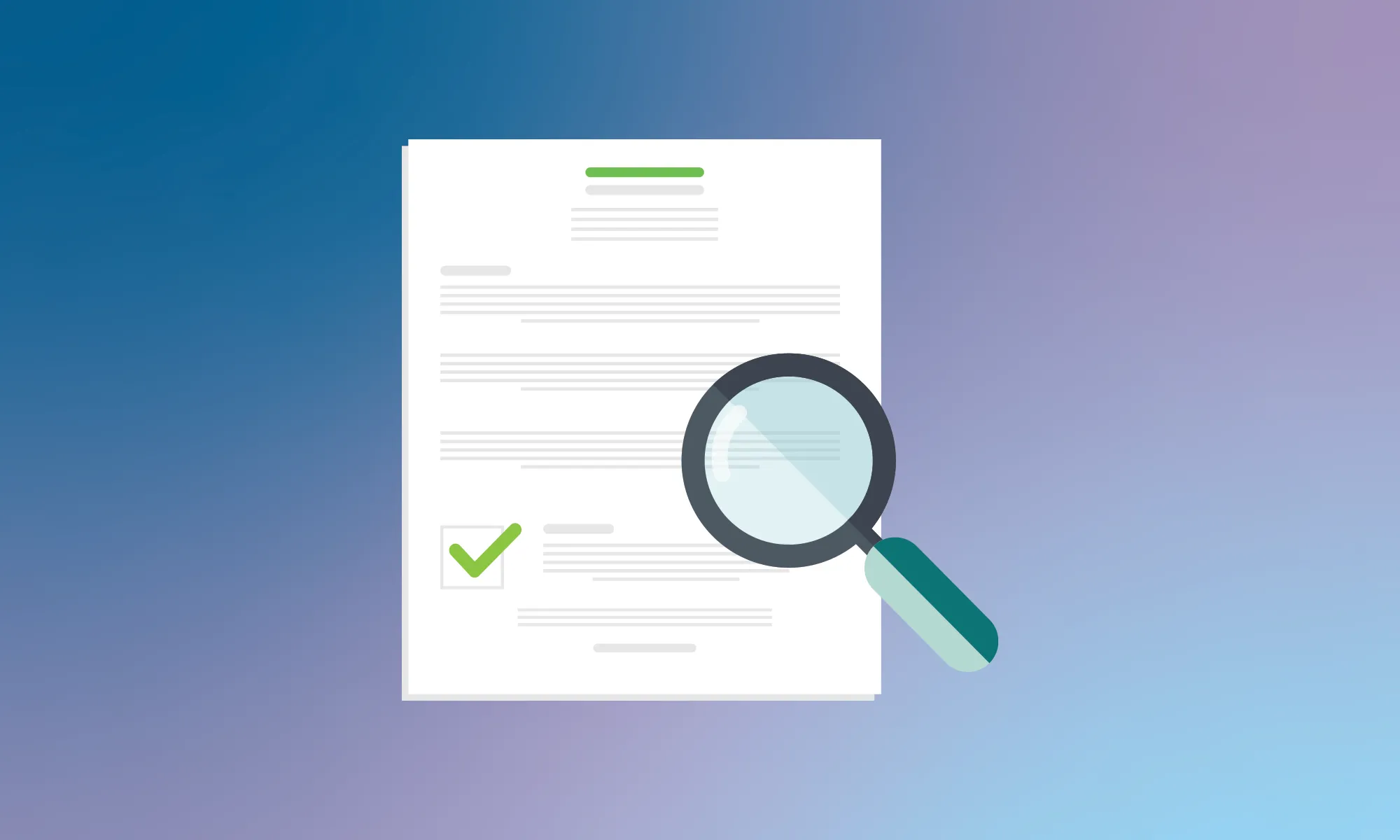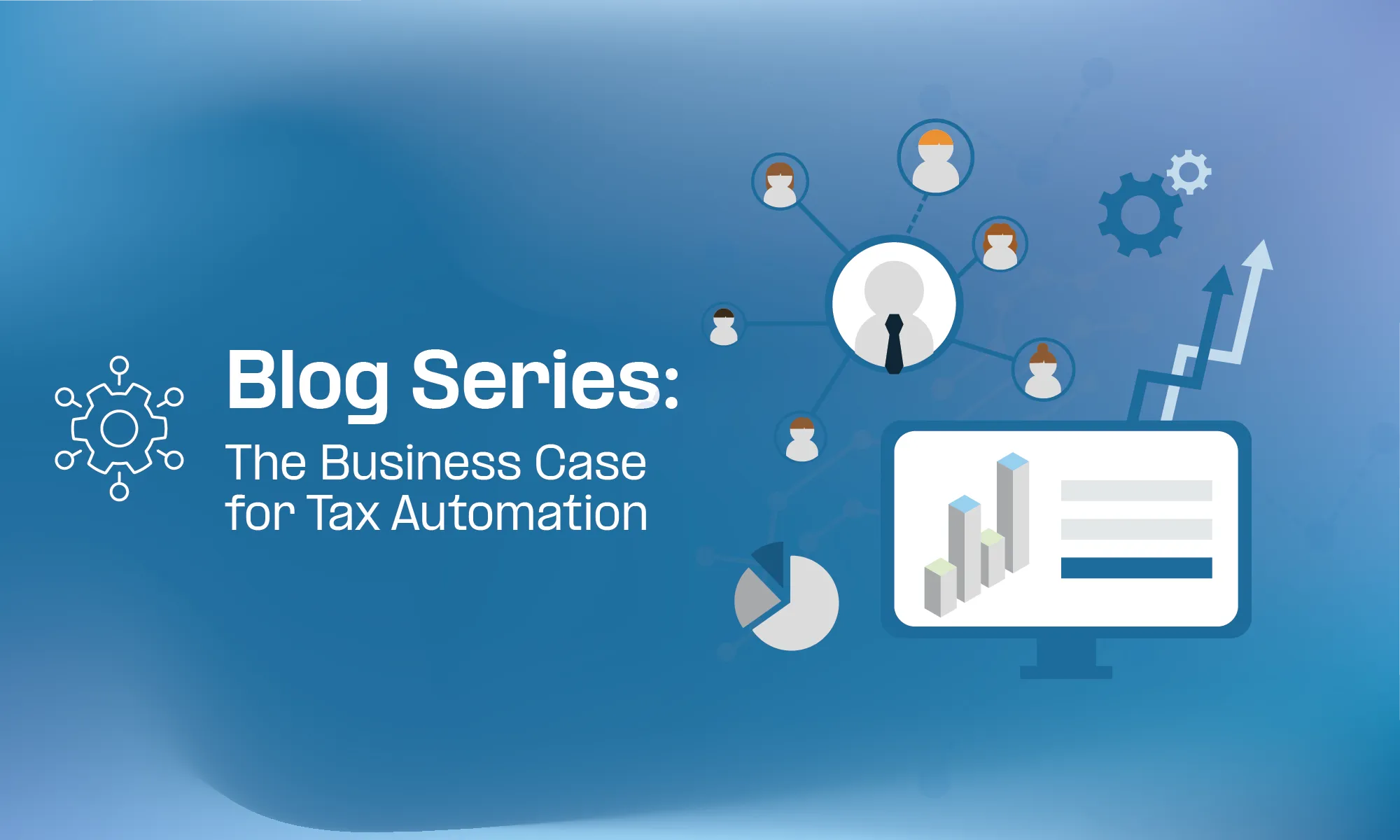Poland
E-invoicing Guide
Summary
E-Invoicing
B2B e-invoicing is planned
Digital Reporting
Yes
Poland Electronic Invoicing and Digital Reporting Requirements
Background
B2G e-invoicing is not mandatory for suppliers in Poland. However, it is mandatory for public entities to accept e-invoices issued by suppliers. Since 2019, the PEF platform has been used for B2G e-invoicing in Poland.
For B2B transactions, the Polish Ministry of Finance has been working on introducing a universal system for sending invoices in an electronic format via KSeF (National e-Invoice System) for the past few years.
The Polish Ministry of Finance recently enacted the law introducing the obligatory National e-Invoice System (KSeF). The e-invoicing obligation will take effect on February 1, 2026, for large businesses with sales exceeding PLN 200 million and on April 1, 2026, for all other businesses and non-resident entities registered for VAT in Poland. The KSeF platform is already available for taxpayers who wish to adopt e-invoicing voluntarily.
Under the National e-Invoice System (KSeF), taxpayers will prepare invoices in their own ERP systems and send them via API to the KSeF. In the KSeF, each invoice will receive a timestamp and a unique identification number. Invoices to consumers (B2C) will not be covered by the KSeF.
Poland introduced the Standard Audit File for Tax (SAF-T; in Polish Jednolity Plik Kontrolny - JPK) on July 1, 2016, for large taxpayers. It became compulsory for all taxpayers in January 2018. SAF-T replaced VAT returns in Poland from 1 October 2020.
What Types of Businesses Does This Apply to?
- All Polish entities and Polish branches of foreign entities;
- All Business-to-Business (B2B) transactions.
Governmental Body Responsible for E-invoicing in Poland
Penalties for Not Adhering to Poland's E-invoice Mandates
A fine up to 100% of the VAT amount shown on the invoice or a fine up to 18.7% of the total amount due on the invoice in the case of an invoice without the VAT amount may be imposed if the taxpayer: (i) fails to issue an invoice using the KSeF despite such an obligation; (ii) issues an invoice in electronic form, not in accordance with the template provided; or (iii) fails to send it to the KSeF on time (in the case of invoices issued during a KSeF temporary breakdown, the taxpayer is obliged to deliver to KSeF within seven days after the end of the failure).
What does the e-invoicing process in Poland look like?
Poland will introduce obligatory structured e-invoicing and the KSeF system (National e-Invoicing System) effective from February 1, 2026. The format of invoices would change from paper and PDFs to electronic XML.
- Taxpayers must transmit XML invoices to the KSeF portal to get them approved.
- KSeF assigns a unique number (UUID) to each approved invoice.
- XML files may be fetched either manually or automatically by the acquirer.
Is SAF-T Needed in Poland?
Poland introduced the Standard Audit File for Tax (SAF-T; in Polish Jednolity Plik Kontrolny - JPK) on July 1, 2016, for large taxpayers. It became compulsory for all taxpayers in January 2018. SAF-T replaced VAT returns in Poland from 1 October 2020. There are 7 different types of SAF-T files in Poland:
- JPK_V7M/K declaration for records of VAT purchases and sales combined
- JPK_FA for VAT and VAT invoices
- JPK_WB for bank statements
- JPK_PKPIR for revenue and expense ledger
- JPK_EWP for revenue account
- JPK_KR for accounting books
- JPK_MAG for warehouses
E-Invoicing & Global Tax Automation with Fonoa
One way to comply with Digital Reporting Requirements in Poland is to use a provider like Fonoa.
With Fonoa you can:
- Have one integration for your global needs, including Poland
- Save time and money by automatically cleaning your data to minimize errors and manual work
- Utilize our validation mechanisms to ensure reporting accuracy, data completeness, full control, and compliance
- Rest assured that transactions are successfully reported or queued for internal investigation with our retry mechanisms
- Get full visibility with our dashboards by filtering criteria, analyzing granular transaction data, and quickly importing /exporting information
Disclaimer on Tax Advice
Fonoa does not provide professional tax opinions or tax management advice specific to the facts and circumstances of your business and that your use of the Specification, Site, and In addition, due to rapidly changing tax rates and regulations that require interpretation by your qualified tax professionals, you bear full responsibility to determine the applicability of the output generated by the Specification and Services and to confirm its accuracy. No professional tax opinion and advice. Fonoa does not provide professional tax opinions or tax management advice specific to the facts and circumstances of your business and that your use of the Specification, Site, and In addition, due to rapidly changing tax rates and regulations that require interpretation by your qualified tax professionals, you bear full responsibility to determine the applicability of the output generated by the Specification and Services and to confirm its accuracy.










